National Institutes Of Health
-

Vanderbilt University, Medical Center reach $1B milestone together in research funding
Faculty at Vanderbilt University and Vanderbilt University Medical Center achieved a significant milestone in 2021: more than $1 billion in research funding awarded from external organizations. Read MoreApr 5, 2022
-
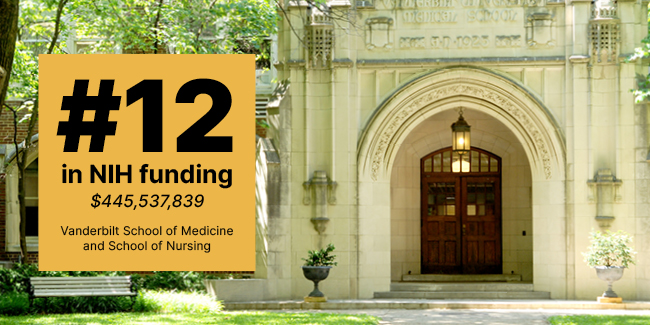
Vanderbilt ranks 12th in annual survey of NIH funding; 2021 awards topped $445M
Vanderbilt University again ranked among the nation’s top research institutions receiving funding from the National Institutes of Health, according to the latest data compiled by the Blue Ridge Institute for Medical Research. Read MoreMar 31, 2022
-
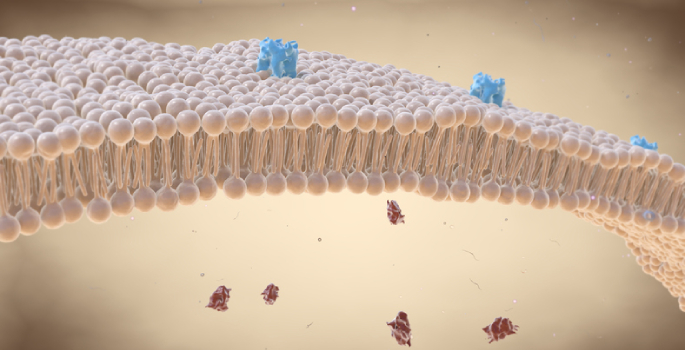
Research Snapshot: Biochemical technique for finding small molecules discovered by Vanderbilt and University of Virginia researchers
A team including the Sanders lab developed a new methodology for finding small molecules associated with lipid rafts, an essential part of cell structure and regulation. Read MoreMar 28, 2022
-

Biomedical engineer awarded $1.1M to study molecular underpinnings of human brain networks on a large scale
Mikail Rubinov, assistant professor of biomedical engineering, computer science, psychiatry and psychology, has been awarded a four-year, $1.1 million grant from the National Institute of Mental Health to better understand the development and organization of brain networks, as well as their change in development and aging. Read MoreMar 17, 2022
-
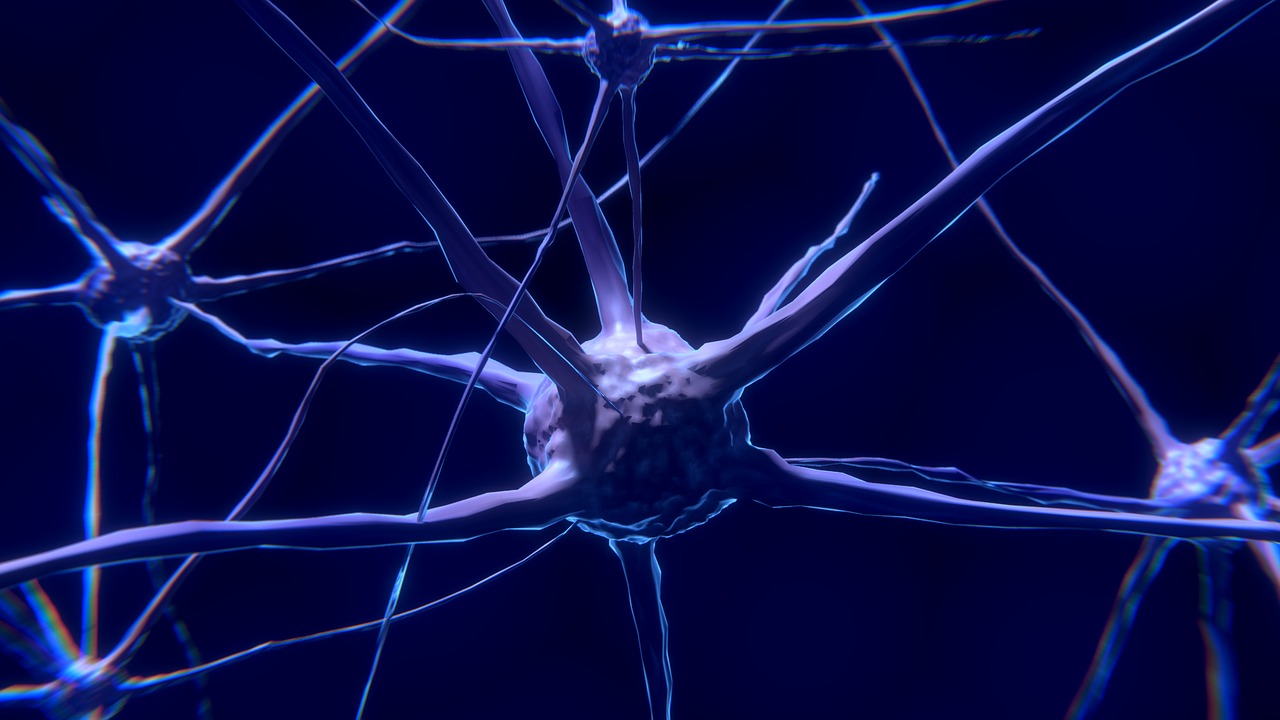
Research Snapshot: Understanding the molecules and brain circuits recruited by stressful experience
Stressful events can rapidly modify how the brain responds to its environment and guides behaviors. These processes are relevant for neurotypical brain function and for the development of affective disorders and other psychiatric diseases, yet we have much to learn regarding the underlying molecular mechanisms. In this paper, researchers utilized pharmacologic, transgenic, and optogenetic tools to evaluate changes in brain function related to stress. Read MoreFeb 17, 2022
-
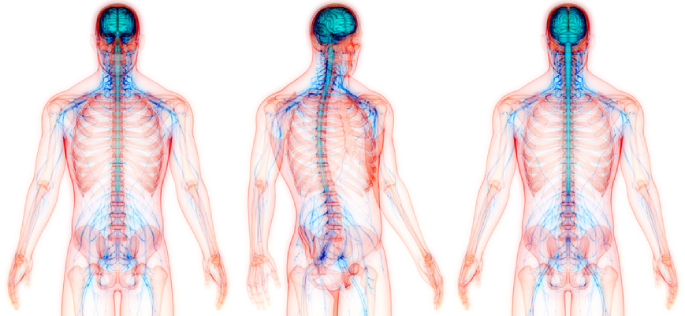
Lopez lab develops computational tools to further understanding of complex biological systems
By Aaron Conley Systems biology and the Lopez lab The history of hermeneutics started with Aristotle—parts comprise the whole. To understand the whole, we need to understand the parts. And to understand the parts, we need to understand them in the context of the whole. Carlos F. Lopez, associate… Read MoreJan 20, 2022
-

Vanderbilt researchers make extensive brain imaging data set available for cross-disciplinary study
A new comprehensive data set featuring neural images from children ages 5, 7 and 9 has been made available for cross-disciplinary research purposes. Read MoreJan 19, 2022
-

Research Snapshot: Producing green fuel, and more rapid determination of the biological consequences of gene editing
Vanderbilt researchers examine how to rapidly characterize the biological impact of genetic editing on bacteria for energy production, drug discovery and more. Est. reading time: 2.5 mins. Read MoreDec 13, 2021
-

A potential new approach for the treatment of schizophrenia
Researchers discover how a protein may treat schizophrenia, including reversing working memory deficits, a hallmark of schizophrenia for which there is currently no treatment. Read MoreDec 8, 2021
-

Research Snapshot: Mosquitoes have a mutual symbiotic relationship with malaria-causing pathogen
By reproducing conditions under which malaria occurs in nature, the Zwiebel Lab finds that the deadly pathogens responsible for human malaria provide a specific adaptive advantage to disease-transmitting mosquitoes, explaining the persistence of this ancient disease. Est. reading time: 2 mins. Read MoreNov 19, 2021
-

Professor makes Vanderbilt-discovered cancer targeting molecule freely available to researchers through collaboration with Boehringer Ingelheim
Stephen Fesik’s discovery of a cancer-targeting molecule has been made freely accessible through opnMe for global researchers to advance research into cancer therapeutics. Read MoreNov 15, 2021
-
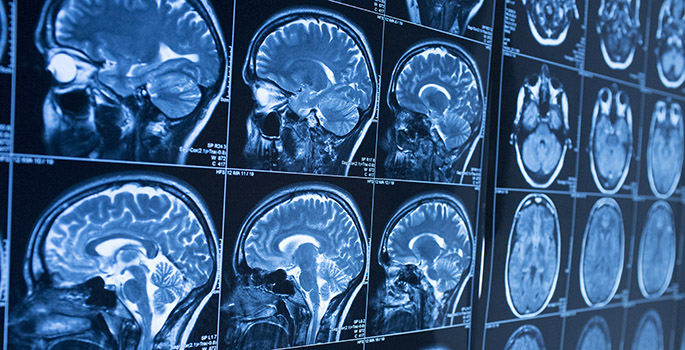
Research Snapshot: New target identified for rapid antidepressant drugs
Vanderbilt researchers push research on ketamine’s role as a rapid antidepressant another step forward. This work opens avenues for new therapeutics for half of people for whom today’s antidepressants don’t work. Read MoreNov 10, 2021
-

Uncovering how injury to the pancreas impacts cancer formation
Research from scientists at the School of Medicine Basic Sciences and the Salk Institute for Biological Studies shows that cells in the pancreas form new cell types to mitigate injury but are then susceptible to cancerous mutations. Read MoreOct 29, 2021
-

Research Snapshot: COVID-19 virus test sensitivity varies with body’s circadian rhythm
Carl Johnson, Cornelius Vanderbilt Professor of Biological Sciences and expert in biological clocks, identifies temporal component to COVID-19 viral shedding. Est. reading time: 2.5 mins. Read MoreOct 26, 2021
-
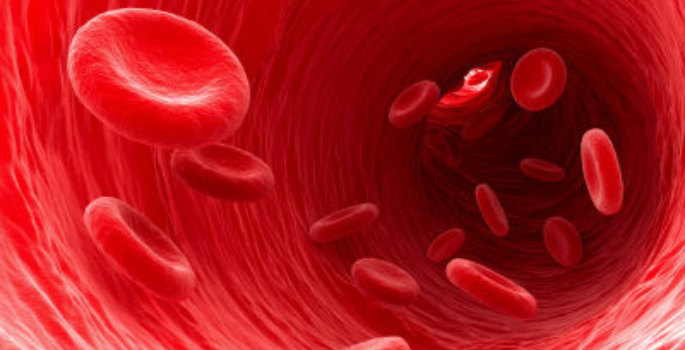
Research Snapshot: New drug targets vascular inflammation, drastically improving the long-term effectiveness of vascular procedures
Therapeutic MK2i-NP blocks both inflammation and an unhealthy conversion of cells in blood vessels after cardiovascular procedures, reducing the need for further interventions—cutting costs and reducing risks. Est. reading time: 2.5 minutes. Read MoreOct 11, 2021
-

Startups initiated and grown at Vanderbilt get $4.5M in federal funding, LaunchTN matching grants
Nine startups established at Vanderbilt’s Center for Technology Transfer and Commercialization and the Wond’ry have been awarded more than $4.5 million in federal Small Business Innovation Research and Small Business Technology Transfer grants and matching funds from Launch Tennessee, with the goal of accelerating technology commercialization, innovation and job creation across the state. Read MoreOct 7, 2021
-

Research Snapshot: Sugar compounds in breast milk relieve uncomfortable side effects caused by chemotherapy
Steven Townsend, associate professor of chemistry, and Fang Yan, research professor of pediatrics and cell and development biology, have discovered how a sugar in human breast milk mitigates damage to the small intestines caused by chemotherapy-induced mucositis. Read MoreOct 4, 2021
-

Research Snapshot: True behavior of the ‘pleasure molecule’ will reshape how we treat psychiatric diseases and addiction
Discovery shows that dopamine is not a reward molecule at all, calling for revision of textbook facts regarding the hormone’s role in the brain. Est. reading time: 3.5 mins. Read MoreSep 15, 2021
-

Research Snapshot: Novel finding shows that brain cells conduct antidepressant action even in the absence of activity
Even in the absence of brain activity, nerve cells can turn on gene expression that is important for antidepressant effects. This novel finding from Lisa Monteggia gives researchers a more fundamental understanding of the brain’s mechanistic function for better therapeutics. Est. reading time: 2.5 mins. Read MoreAug 30, 2021
-

Research Snapshot: Development of a new framework and tool for multi-drug synergy and combination
MuSyC is a technique to help researchers devise new combinations of drugs. An open-source analysis tool, it holds the promise speed such discoveries around the world. Read MoreAug 24, 2021